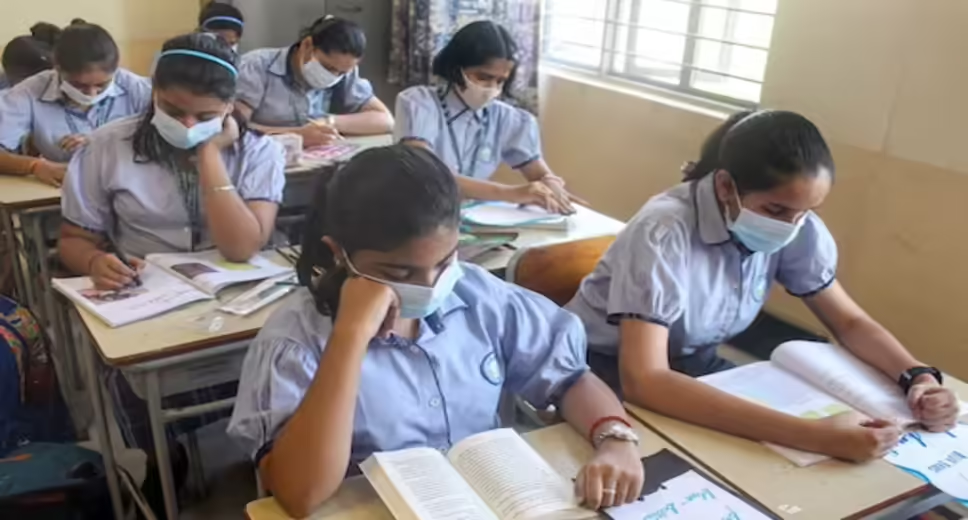Gujarat IAS Officer Points Out Flaws In Education System, Minister Seeks Report

An IAS officer serving in Gujarat has raised serious concerns about the quality of education in primary schools located in the Chhotaudepur district. Dhaval Patel, an Indian Administrative Service officer holding the position of Commissioner of Geology and Mining in Gandhinagar, expressed shock and dismay at the state of education in this tribal-dominated region. Patel went so far as to label the education being provided to tribal children as "rotten," fearing that it would perpetuate a cycle of labor-intensive work and hinder their progress in life. In response to Patel's observations, the State Education Minister, Kuber Dindor, who also oversees tribal development, requested a detailed report from officials to address the issues highlighted.
Minister Dindor acknowledged the challenges faced in remote tribal areas, emphasizing the lack of awareness among parents and students. He assured the press that efforts would be made to raise awareness and bridge any gaps in education. Praful Pansheriya, the Gujarat Minister of State for Education, echoed the sentiment that the purpose of sending IAS officers and other senior officials to various districts was to identify flaws and rectify them. Patel had visited six government-run primary schools in the Chhotaudepur district as part of the 'Shala Praveshotsav' initiative, which aims to evaluate the overall state of education in these schools.
In a letter addressed to the Education Secretary, Vinod Rao, Patel recounted his visit to the schools on March 13 and 14. He expressed guilt and dismay over the "extremely low level of education" he witnessed in five out of the six schools. Patel shared specific examples of the students' struggles, such as reading each letter of a word separately instead of comprehending the entire word, facing difficulties with simple mathematical calculations, and being unable to provide antonyms for basic Gujarati words. He also highlighted the case of a Class-8 girl who couldn't locate the Himalayas and Gujarat on an Indian map.
Patel particularly noted the deplorable condition of education at Wadhwan primary school, where even Class-5 students struggled with basic subtraction and had difficulty reading English questions in their own answer sheets. He raised concerns that the correct answers had been provided in English, possibly with assistance from the teacher. With the exception of Rangpur primary school, all other schools he visited left him disappointed. Patel concluded his letter by expressing a sense of guilt for subjecting these tribal children to such substandard education, emphasizing that it perpetuated a cycle of labor and hindered their progress in life. He questioned how students could struggle with simple addition and subtraction after spending eight years in the education system.
